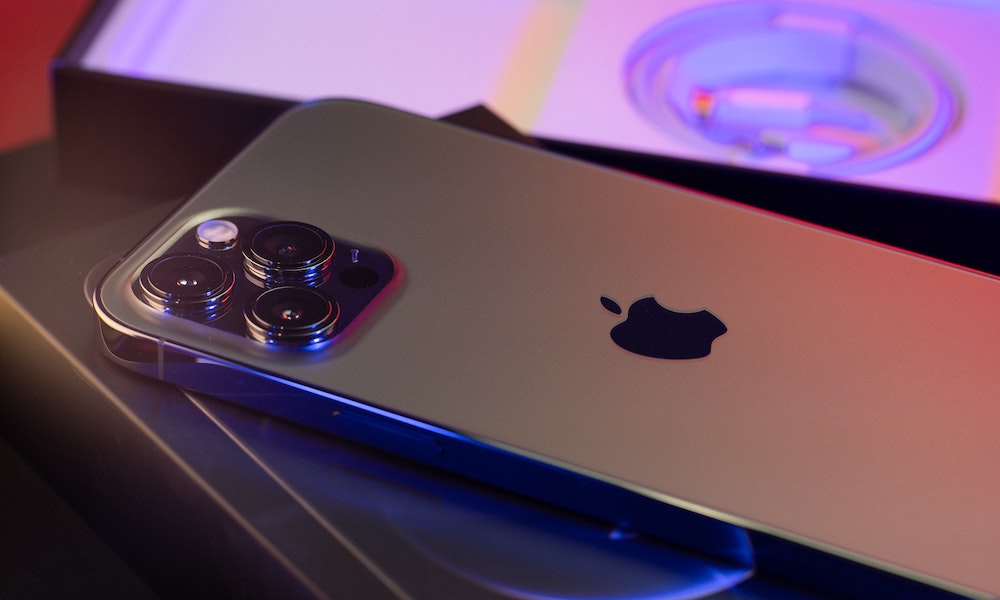Apple Is Under Fire Again for Removing the iPhone’s Charger, This Time in China
 Credit: TheRegisti / Unsplash
Credit: TheRegisti / Unsplash
Toggle Dark Mode
Last year, Apple made the somewhat controversial decision to remove the USB charger and EarPods from the iPhone’s packaging, citing environmental reasons for the switch.
Although the decision has left more than a few consumers grumbling, most of the world has accepted it and moved on, although there are still a few places where Apple is finding itself in hot water over its decision.
From the very beginning, Apple realized it had to comply with French regulations that required the iPhone to be sold with EarPods, although this one was for an entirely different reason: safety laws.
In France, smartphone manufacturers and mobile carriers are required to “provide an accessory such as a hands-free kit or headset suitable for children under 14 years of age,” to keep them safe from the risks of electromagnetic radiation on developing brains.
While this didn’t necessarily require Apple to bundle EarPods with every iPhone sold, the company obviously decided it was the most economical way to avoid running afoul of French regulators, and so it came up with a box-in-a-box solution, with the standard iPhone 12 packaging contained in a larger box that added the EarPods, similar to how the Apple Watch is packaged with different band options.
When it came to the charger, however, Brazilian regulators were far less understanding, levying a fine of around $2 million for selling the iPhone 12 models without a charger in the box.
Apple’s stated reasons for removing the accessories from the iPhone 12 — which were also retroactively applied to the iPhone 11 and iPhone XR still sold at the time — was to cut down on e-waste by not manufacturing and shipping a component that most users don’t actually need.
However, the Brazilian consumer protection agency took issue with Apple’s unwillingness to guarantee that chargers would remain safe to use, especially since Apple reserved the right to refuse warranty services to anybody who chose to use a third-party charger, rather than an Apple-branded one.
Motivated Solely by Profit?
While Brazilian regulators didn’t have much to say about Apple’s motivations for removing the charger, a few students in China aren’t pulling any punches, with a new lawsuit that specifically accuses Apple of “increasing corporate profits in the name of environmental protection.”
As reported by Shanghai Law Journal and Vice, a group of Chinese university students have banded together to file a lawsuit against Apple, demanding that it provide a charger for an iPhone 12 Pro Max that one of them purchased.
While this case sounds like small potatoes on the surface — the group is only asking for a single charger, 100 yuan ($16) as compensation for “breach of contract,” and legal fees, it would appear that the students are trying to use it to make a much larger point and stand up for the rights of consumers everywhere.
In addition to claiming the Apple doesn’t make it clear enough on the iPhone 12 packaging that customers will need to supply their own power adapter, the group also claims that Apple is lying about its claims of making the change to protect the environment, suggesting that the decision was actually motivated entirely by the desire to increase its profit margins.
The case points to Apple’s new MagSafe chargers as “irrefutable evidence” of Apple’s duplicity, suggesting that the company is using “environmental gimmicks” to sell more expensive chargers to customers. Wireless chargers, the group correctly points out, are less efficient and result in more energy waste, implying that Apple is being hypocritical in its stated goals of protecting the environment.
To be fair, the case in question has been brought forth by these Chinese law students as part of a recent competition for public interest lawsuits, but it seems the students are taking the matter quite seriously, hoping to raise consumer awareness and fight for consumer rights.






